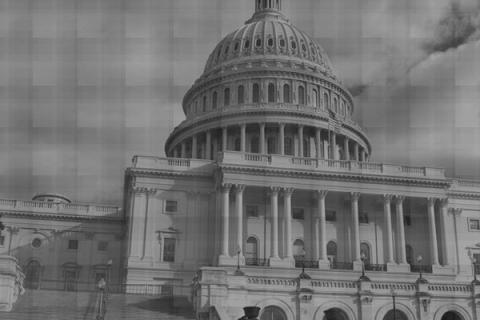Concerns about energy independence notwithstanding, when the odor of coal dust wafting through the town offends the citizenry’s olfactory glands, the trains must be stopped. At least that’s the way some people in Bellingham, Washington see it. Activists have formed a Political Action Committee (PAC) called No Coal! to halt coal trains from traversing city property. They envision a legal system that would recognize the Rights of Nature, which apparently includes freedom from coal dust.
The group will be presenting its proposed regulation on January 26, Rick Dubrow, owner of A1 Builders told the Bellingham Herald. It’s a take it or leave it proposition, says the No Coal! leader:
"We don't want to give them (council members) the freedom to edit it,' Dubrow said. "We hesitate to allow editing because of the complexity of the legal aspects of the ordinance."
The group is also prepared to launch a petition drive to get the measure on the ballot if it comes to that, Dubrow added.
There are some tall hurdles that No Coal! must overcome in its quest to stop coal trains from entering Bellingham city limits. Trains are regulated as common carriers, which means that – for the most part – they must ship any legal commodity without discrimination. Obviously, coal is a legal (and needed) commodity.
All of the concern came about because of a proposed SSA Marine coal shipping terminal at the Cherry Point section of Bellingham. City officials have been saying they would have no direct control over the coal trains that would pass through the city if the so-called Gateway Pacific Terminal is built.
Many experts believe that the No Coal! proposal doesn't make sense because the federal government regulates the interstate rail system, and BNSF Railway Co. has a legal right of way through the city. But, according to the Herald:
“Dubrow and Stoney Bird, a former corporate attorney working with the Bellingham group, say they are setting out to establish some new legal groundwork that would put the rights of communities and ecosystems on equal or greater footing with the rights of railroads and other corporations.”
They are taking their lead from a case in Pittsburgh in which an activist group got the city council to ban fracking for natural gas within the city limits.
No Coal! wants the Bellingham City Council to take similar actions without a vote by the general public. But the group is also prepared to launch a petition drive to get the measure on the ballot as mentioned earlier.
Craig Cole, an SSA Marine spokesman, had little to say about the No Coal! ordinance plan, telling the newspaper that railroad operations are beyond the scope of city authority. "Such matters are governed by federal and state constitutions and laws," Cole said.
Clearly, some people in Bellingham want the city’s air to remain pristine and to avoid the fate of West Virginia coal mining towns, which have a perpetual grey coal dust cloud overhead. Even if No Coal! loses its fight, it seems likely that the city of Bellingham’s normal overcast and rainy skies will remain coal dust-free.

